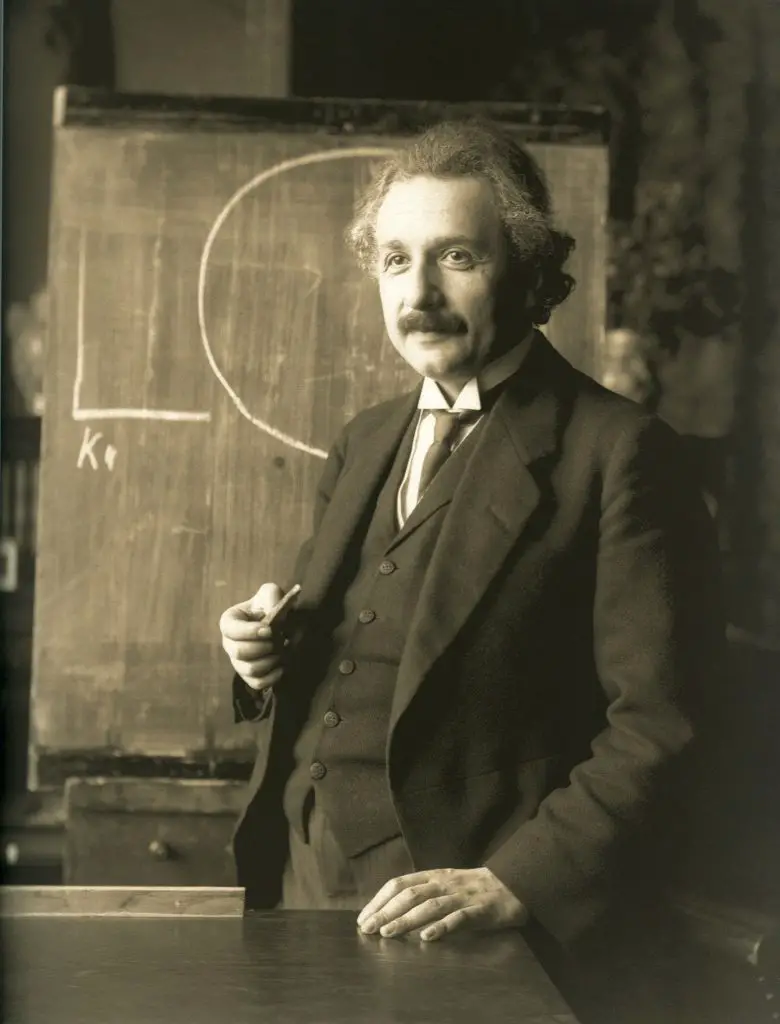In 1952, following the passing of Israel’s first president, Chaim Weizmann, the Israeli government extended an offer to Albert Einstein to serve as the country’s second president. This offer came from Prime Minister David Ben-Gurion. Einstein, renowned for his groundbreaking work in physics, had already established himself as an iconic figure of the 20th century, having escaped Nazi Germany and contributed significantly to the scientific community.
While Einstein was known for his brilliance in the field of physics, the role of the Israeli president primarily involved ceremonial duties, making the offer more of a symbolic gesture than a position of substantial authority.
Both Einstein and Ben-Gurion didn’t seem too keen on the idea of Einstein becoming president. Einstein felt a bit awkward about the offer, while Ben-Gurion even joked to an assistant about the situation, saying, “I’ve had to offer the post to him because it’s impossible not to. But if he accepts, we are in trouble.”
Einstein’s Reply

Einstein expressed his gratitude for the offer to become President of Israel but ultimately declined it. He felt deeply moved by the offer but admitted feeling saddened and ashamed that he couldn’t accept it. Einstein explained that his expertise lay in dealing with objective matters, not in handling people or official duties. He also acknowledged that advancing age was affecting his strength. Despite his strong bond with the Jewish people, he believed he wasn’t suited for the role due to his limitations.
He confided in a guest staying with him that the offer felt “very awkward.” Later, he expressed to a Jerusalem newspaper, which had been advocating for him, that he feared he might have to support government decisions conflicting with his conscience if he accepted the role, as recounted in Walter Isaacson’s 2007 biography.
In 1946, Einstein testified to an international committee about Palestine, expressing that the idea of a state was not close to his heart. This stance surprised many ardent Zionists at the time. However, his perspective on the matter somewhat shifted after Israel became a Jewish state.
Einstein was a steadfast supporter of Israel throughout his life, seeing it as a means to correct injustice. However, when offered the presidency, he sought to decline right away, avoiding an official meeting with Israeli embassy representatives. Despite his reluctance, Israeli ambassador Abba Eban insisted on sending him a letter on behalf of Ben-Gurion.
Avid Writer with invaluable knowledge of Humanity!
Upcoming historian with over 30 million views online.
“You make your own life.”





